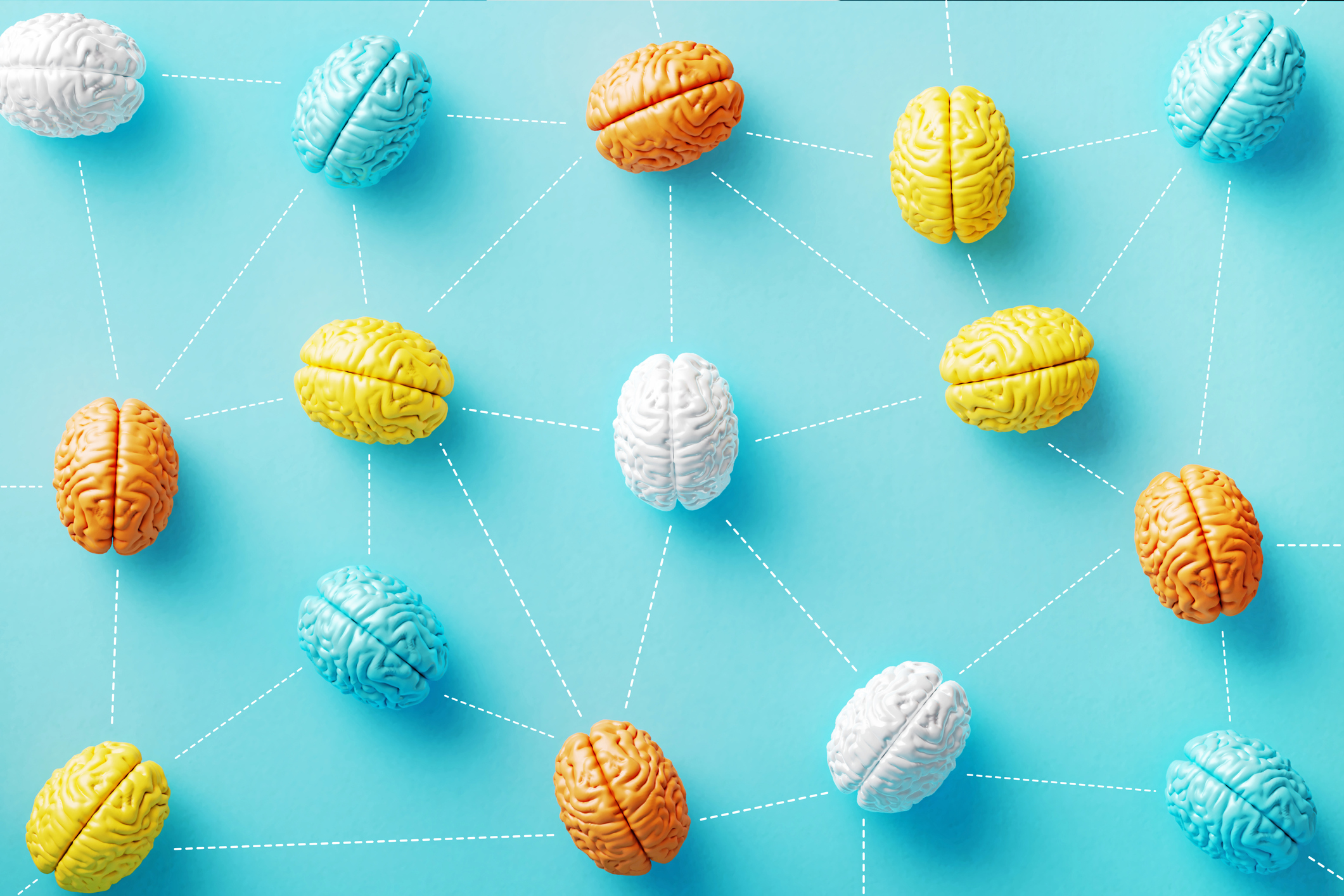Get Easy Health Digest™ in your inbox and don’t miss a thing when you subscribe today. Plus, get the free bonus report, Mother Nature’s Tips, Tricks and Remedies for Cholesterol, Blood Pressure & Blood Sugar as my way of saying welcome to the community!
The diet that crosses the blood-brain barrier

For the seventh consecutive year, U.S. News & World Report has named the Mediterranean diet the best diet overall for good health. And it’s no wonder…
It’s the diet that improves aging (even in nursing home residents)… doubles fat loss… improves heart rate, blood pressure and cholesterol… and protects against dementia.
It’s that last benefit that caught the attention of one group of European researchers who wanted to get to the bottom of the diet’s seemingly miraculous impact on the brain.
What they found leaves no doubt that if you want to protect your brain — you have to eat the diet that directly feeds your brain what it needs…
Crossing the blood-brain barrier
One thing that makes the Mediterranean diet so healthy is that it’s loaded with bioactive nutrients — plant compounds that have actions in the body protective enough that they’re being studied for their potential in the prevention of disease.
Some of the bioactive nutrients associated with the Mediterranean diet include:
- Hydroxytyrosol, a polyphenol found in extra-virgin olive oil that has antioxidant properties, is liver-protective and has shown anti-cancer and anti-diabetic activity, among other benefits.
- Tyrosol, another polyphenol in olive oil with antioxidant properties. As with hydroxytyrosol, tyrosol has potential anti-cancer effects.
- Tyrosine, an amino acid that is essential for the production of several important brain chemicals, including epinephrine and dopamine. Tyrosine is found in soybeans, chicken, turkey, fish, bananas, avocados, sesame seeds and cheese.
- Serotonin, a neurotransmitter that boosts mood. Foods that encourage production of serotonin are plentiful in the Mediterranean diet.
- Protocatechuic acid, a phenolic acid metabolite of anthocyanins found in olives and white grapes, with antioxidant, anti-inflammatory and antihyperglycemic properties that may also protect against cancer.
It’s an impressive lineup — but the researchers wanted to see if these nutrients could pass the “golden” test…
Crossing the blood-brain barrier — a selective layer of cells that serve as a protective filter — with their health properties intact.
Using laboratory models, the researchers confirmed that all of the bioactives they tested were indeed able to cross the blood-brain barrier.
Not only that, they passed through the barrier in significant percentages:
- Hydroxytyrosol, 70 percent
- Tyrosine, 50 percent
- Tyrosol, 30 percent
- Serotonin, 30 percent
- Protocatechuic acid, 9 percent
According to the researchers, these results prove the Mediterranean diet’s neuroprotective clout.
Which Mediterranean diet to follow?
The Mediterranean diet’s main components include olive oil, olives, fish, whole grains, legumes, fruits and vegetables. You can also consume some eggs and dairy products, poultry and red wine.
However, U.S. News & World Report cautions against the “Americanized” version, typically seen on restaurant menus, which often includes way too much refined pasta, beef and cheese.
Healthy variations include MedDairy, Pesco-Mediterranean or the green Mediterranean diet. When choosing which one of these to follow, it’s best to consider what your health needs and food preferences are.
For instance, if you’re looking to boost your heart health, you may want to give MedDairy a try. Add three to four servings of dairy a day to your Mediterranean roster and watch your blood pressure and cholesterol drop.
The green Mediterranean diet is especially great for blasting away visceral fat. It emphasizes leafy greens, walnuts, green tea and an aquatic vegetable known as duckweed.
The Pesco-Mediterranean diet ditches meat entirely in favor of fish, so it may be the most heart-protective, but most restrictive of the diets.
But if we’re sticking with best diet for brain health, I’d vote for MedDairy. That’s because milk increases brain levels of glutathione, the body’s master antioxidant, to help further ward off cognitive decline.
As with any new eating plan, it’s best to make gradual changes, like substituting whole grains for refined or fish and poultry for red and processed meats. Add an extra vegetable or two to your plate and switch dessert for fruit. Any of these changes will get you on track to fully adopting a healthy Mediterranean eating style.
Editor’s Note: You’re invited to join a small handful of Americans who enjoy rare, fresh-pressed olive oil all year long. Take my word for it, there’s a difference in taste, quality and benefit! Click here to learn more…
Sources:
In vitro study of the blood–brain barrier transport of bioactives from Mediterranean foods — Food & Function
Mediterranean Diet Is Best Diet – Once Again — Scripps
Mediterranean Diet: Beginner’s Guide to a Healthy Heart — U.S. News & World Report
Tyrosine — Mount Sinai
Pharmacological Properties of Protocatechuic Acid and Its Potential Roles as Complementary Medicine — Evidence-Based Complementary and Alternative Medicine
Foods that can boost your mood — Mayo Clinic














